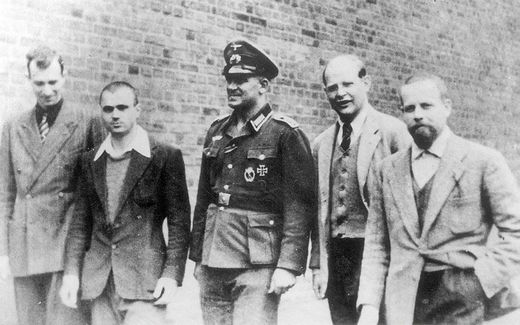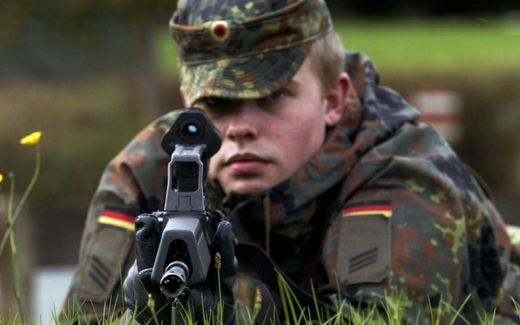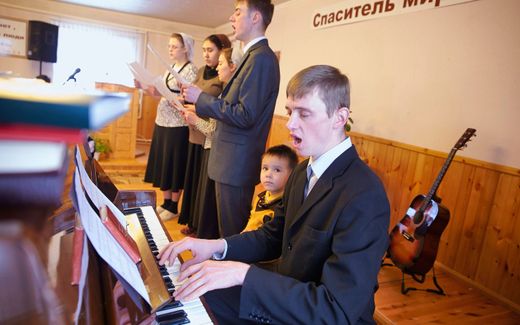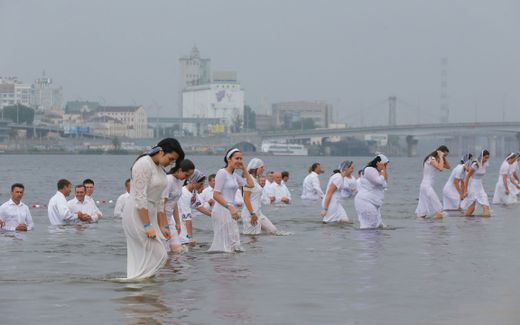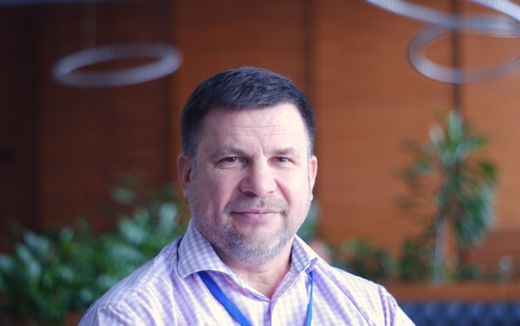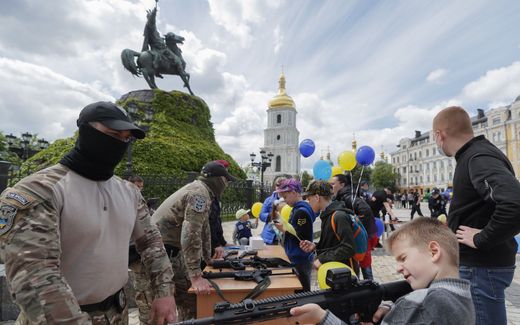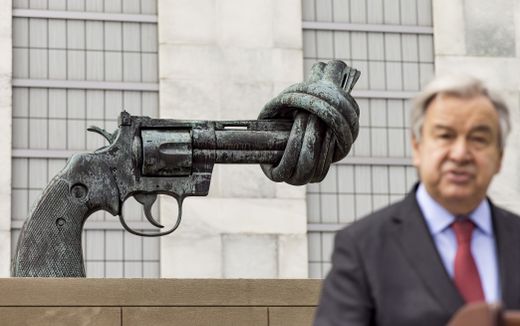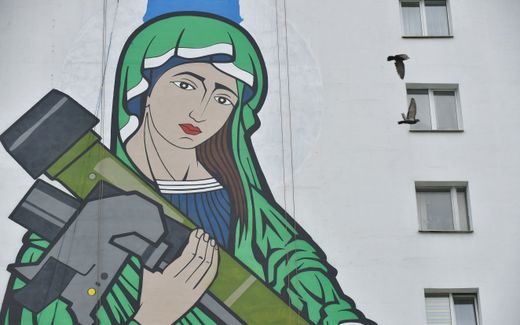Evert’s comment: Why the Ukraine war is a challenge for the Christian pacifist
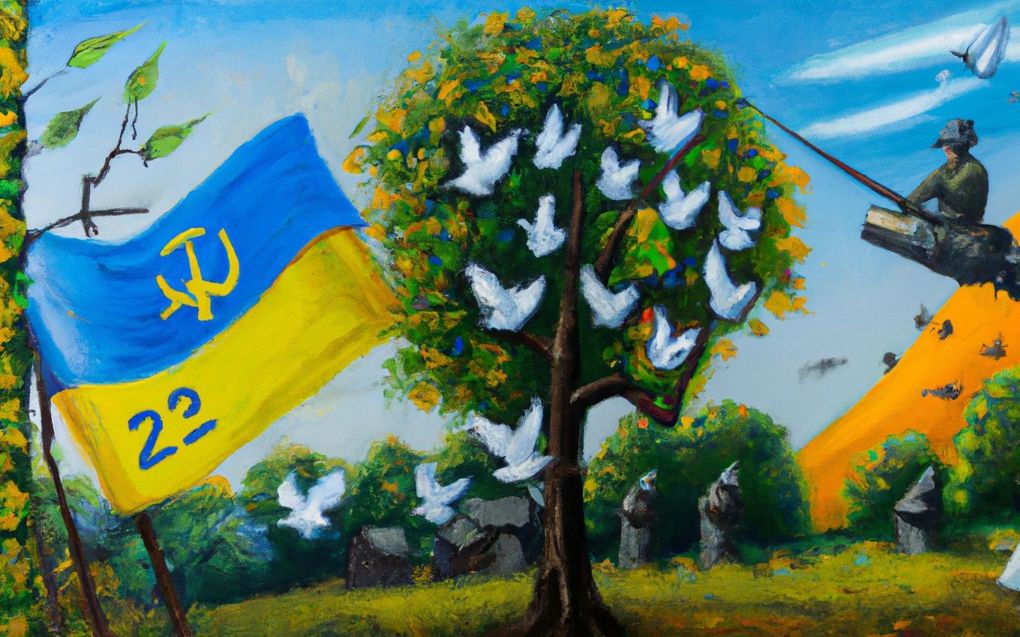
We fought for peace in Europe, and what happens: a war breaks out. Would it be ethical to say that we won't send arms because of our Christian beliefs? Picture asked by CNE from artificial intelligence Dall-E
Eastern Europe
For decades, many Christians in Germany saw no other option than pacifism. The memory of the Second World War made it impossible for them to serve as a conscript in the Bundeswehr. This is an honest position. But since the war in Ukraine, it is no longer self-evident.
I was lucky; two older brothers went into the army as conscripts. They fulfilled the common national duty for the entire family. Together with some other younger brothers, we have praised them for that.
The months in the army were spoken about as being very boring and distracting. The conscription service was seen as an obstacle to everything else you could do as an 18-year-old.
Looking back, I see this differently. Being in the army could have given me unique opportunities to learn things I have never learned now.
In the Christian environment I was brought up in, I never saw any moral hesitation towards the army as such. We knew that boredom in the military barracks could lead to sinful habits like drinking and using drugs. But defending the country was something honourable.
Our parents were born in the late 30s and still remembered things they had seen during the Second World War. That had left its mark on their generation. I cannot remember anyone in our family or church which defended non-violence.

This had to do with the fact that they fully identified with the Dutch state. Not that they endorsed everything the government did –far from that– but they saw state and nation as an institution God gave them. And the birth of the Dutch nation was thanked for as a providential fruit of the Reformation. Defence was a necessary evil, against the (then) Communist threat.
For me, growing up in the 70s and 80s, pacifism was something from the political left, outside the Christian community we were living in. I remember their stickers and buttons against nuclear weapons and atomic energy. Both elements are still central in the present debate.
Age-mates
The situation might have been different if I had been born 100 kilometres to the east. After the War, many German Christians refused conscription based on conscientious objections. Later, when I spent a few months at a German magazine editorial office, I met age-mates who had done civic service instead of the army.

During the post-war period, the so-called “ethics of peace” (Friedensethik) has been dominant within the German Protestant Church (EKD). In that view, military violence is seen as the last of the final options. Talking came first, second and third. Negotiation backed up by force was no option there. Exporting weapons was off the table.
My impression is that this ethics of peace was an identity marker for many Christians in Germany. Not only in the prominent people’s church but also in the smaller free churches. New generations were brought up with this idea as essential for the Christian life.
There was some sense of guilt in that. The Protestants especially felt that they had identified with the state and its power too much in the past. And they were utterly disillusioned.
This was true for the whole of German society as well. The Bundeswehr –the German army– has always been very reluctant to go on NATO missions. The idea was that they had seen enough misery due to military power.
Mennonites
Christian pacifists are everywhere, but nowhere are they so dominant as in Germany. When I dug into this topic around the Iraq war in 2003, I found it difficult to find them in my home country, The Netherlands.
It would have been easier to meet them in Russia and Ukraine. Many Protestants there are somehow influenced by the non-violent Mennonites and have always tried to keep the state and its show of power at a distance. They never identified with the ruling regime. For centuries they knew that at its best, they were tolerated.
Arms supply
But enough about history. As soon as Russia invaded Ukraine, defence became an existential matter, no longer an ethical theory.
Most Christians outside of Russia disapprove of the invasion. We all feel that we are called to solidarity now. First, to help our vulnerable neighbour. And second, to prevent President Putin from advancing further (such as into Moldova or the Baltic states).
Many Christians who always were against the export of weapons are ready to embrace arms supplies to Ukraine now. In the German EKD, there seems to be a tendency to shift.
This is a perfect illustration of the fact that also ethics depends on context. You would say that things about good & evil do not change, especially not if they are about life and death. But they do. And that’s no evil.
Fantasy
Are they right, people who change their position? I am not the one to judge. Of course, the non-violent option is always favourable. But in war, it becomes a fantasy, something nice like buying a house without a loan. As soon as people get killed because we do not share the arms we have in stock, that would not be ethical either, would it?
But is it wrong to say with Jesus’s Sermon on the Mount that believers are peacemakers and that it is better to turn the left cheek when slapped on the right? I don’t say that either. In the past, people refused army conscription because of conscientious objections. That is the same here. If one says that approving arms supplies would come between him and God, we should leave him free. Conscience is sacred.

But if another says that it is not good to use arms because we must negotiate, I differ. Negotiation won’t lead to anything when you are not in a good position. In a war, you need force as an option to give your words weight. The enemy will not bow because your friendly words convince, but only if (more) defeat is the alternative. I know, it is an old tune, but in war, you only have a choice between evils.
Having said that, I sympathise with all the brothers and sisters who have brought up their children with that distinctive identity marker called “ethics of peace”. To say this must be seen differently now is not easy. And that’s okay. Living an ethical life will cause pain, especially in wartime.
Evert van Vlastuin (1972) has been working as a journalist from the early 90s.
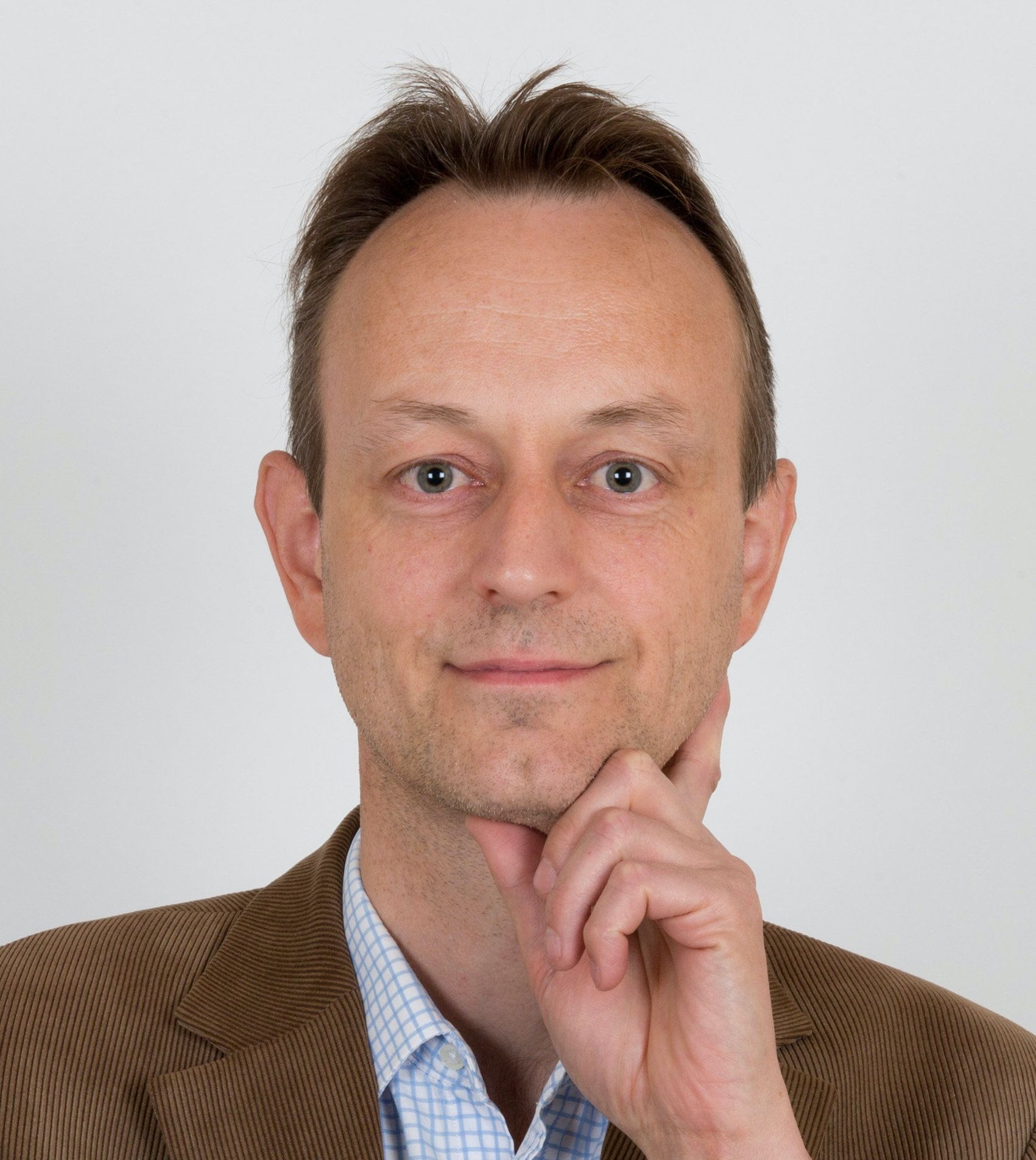
He has interviewed several Nobel Peace Price winners as the former South African president F. W. de Klerk and two from Northern Ireland, John Hume and David Trimble.
From 2001, he worked as a foreign news reporter for the Dutch Reformed Daily. Since 2021, he works as managing editor for the start-up CNE.news.
Respond to Evert by e-mail
Related Articles


